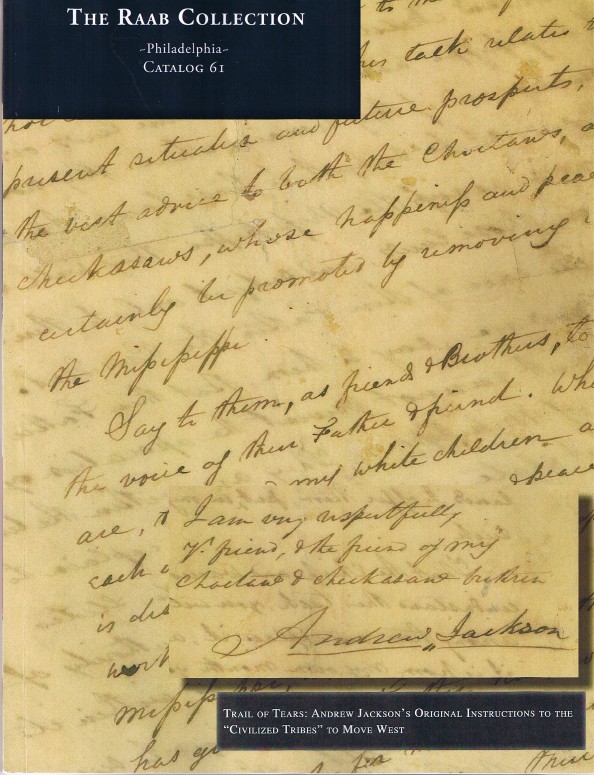Important Signed Documents from the Raab Collection

Important Signed Documents from the Raab Collection
By Michael Stillman
The Raab Collection has published Catalog 61 of signed historic documents. This catalogue includes many important, some momentous documents from (primarily) American history. Each comes with a thorough description and explanation, in effect a history lesson, along with illustrations. Here are some of the wonderful items the Raab Collection is now offering.
In the year before the American colonies officially declared their independence, most of the revolutionary activity was taking place in Massachusetts. There had been great indignities (in the colonists' eyes) conducted in Boston, the passing of the Intolerable Acts, and finally the great victories at Lexington and Concord. The other colonies banded together to help Massachusetts while trhe Continental Congress sent George Washington to New England to lead the troops. However, this was not a one-colony affair. The Colonial Governor of Virginia had been causing problems for rebellious colonists there too. As a result, on December 4, 1775, the Continental Congress sent this letter to Colonel Bull, head of a Pennsylvania battalion, to prepare to march to Virginia. The order is signed with that most notable of American signatures, John Hancock. As it turned out, the Virginians quickly dealt were their governor themselves, and instead, Bull and his men were sent the following month to Canada for an unsuccessful attempt to disrupt Britain's resources in the north. Item 9. $55,000.
Despite an auspicious start in 1775, the revolution was not going that well by 1780. Washington was holding on, but not making much progress. Then, to make things worse, one of his leading generals, Benedict Arnold, was found to be a traitor. However, at this time, Washington got wind of a significant movement of troops by the British to the south. The British figured by sending troops to the lightly defended south, they could cut off Virginia and the Carolinas from the rest of the colonies. On October 20, 1780, Washington wrote Major Benjamin Tallmadge, his chief intelligence officer who had helped uncover Arnold's treason, asking for more information about this British troop movement. "Of what number of Men and of what Corps the late embarkation consisted? Whether Sir Henry Clinton went with them? Whether a reinforcement arrived lately from Europe - the number, and whether of which Corps or Recruits?" writes Washington. Washington could not have imagined at the time that this troop movement would prove to be a fatal mistake for the British, that just a year later the British would be forced to throw in the towel after a stinging defeat in Virginia. Item 6 is Washington's letter to Tallmadge. $85,000.